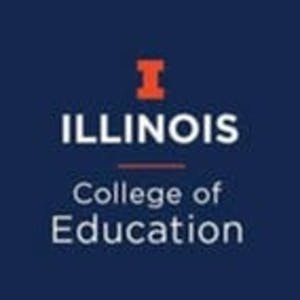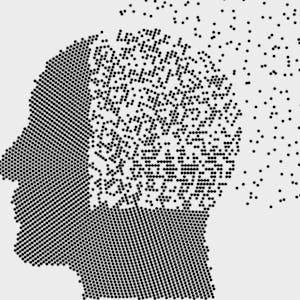Hypothesis Testing in Public Health
About this Course
Biostatistics is an essential skill for every public health researcher because it provides a set of precise methods for extracting meaningful conclusions from data. In this second course of the Biostatistics in Public Health Specialization, you\'ll learn to evaluate sample variability and apply statistical hypothesis testing methods. Along the way, you\'ll perform calculations and interpret real-world data from the published scientific literature. Topics include sample statistics, the central limit theorem, confidence intervals, hypothesis testing, and p values.Created by: Johns Hopkins University

Related Online Courses
In this Specialization aimed for those who are preparing to enter the workplace, we will share with you some key cultural and linguistic features characterizing effective communication in this... more
This specialization is for learners wanting a thorough understanding of renewable energy concepts, tools, and applications. This knowledge can be employed to advance in your current work, to move... more
This course is designed to help participants examine the implications of constructivism for learning and teaching in science, mathematics, and technology focused areas. Course readings,... more
This specialization provides an introduction to the study of abnormal psychology, with a survey of various mental health concerns through both a modern and historical lens. It concludes with an... more
In this course, AWS Hero Alex DeBrie demonstrates the step-by-step process of migrating an Oracle database to Amazon Aurora. You can watch Alex explain the steps of the migration process or follow... more








